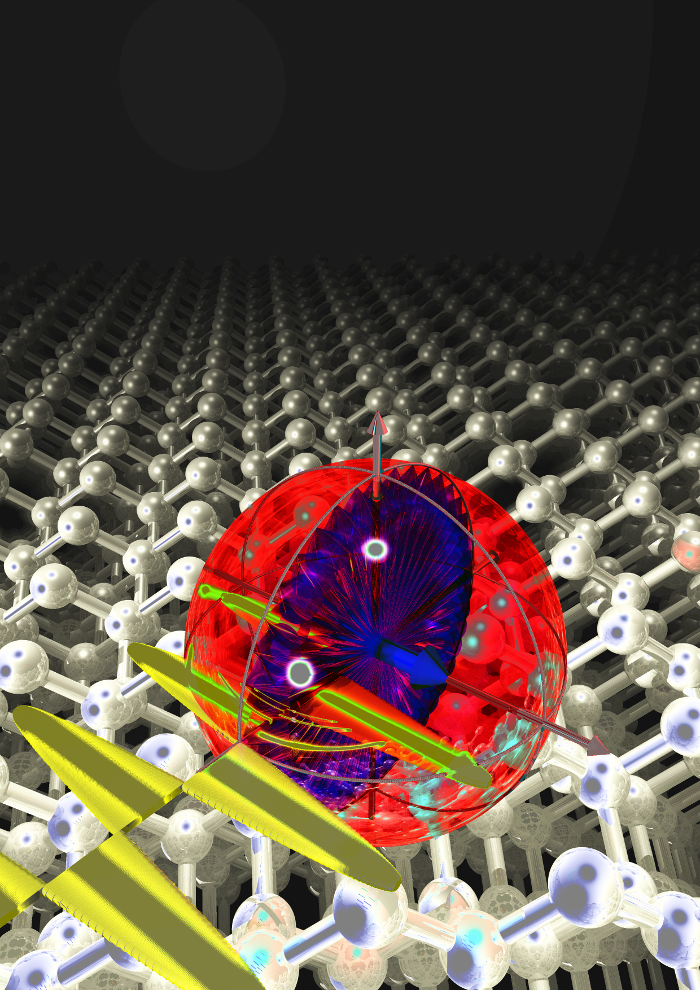Qubits honed for quiet record
 Local experts have demonstrated a new record low noise level for a qubit.
Local experts have demonstrated a new record low noise level for a qubit.
Noise is the enemy of advanced quantum computing.
For the next-generation devices to perform useful calculations, quantum information must be close to 100 per cent accurate. Charge noise – caused by imperfections in the material environment that hosts qubits – interferes with quantum information encoded on qubits, impacting the accuracy of the information.
Qubits made from electrons hosted on silicon are a promising platform for large-scale quantum computers, however, they remain very sensitive to charge noise.
But research by a team at UNSW’s Centre for Quantum Computation and Communication Technology (CQC2T) has revealed the presence of defects either within the silicon chip or at the interface to the surface, which are significant contributors to the charge noise.
By reducing the impurities in the silicon chip and positioning the atoms away from the surface and interfaces where most of the noise originates, the team were able to produce a record-breaking result.
“Our results continue to show that silicon is a terrific material to host qubits. With our ability to engineer every aspect of the qubit environment, we are systematically proving that atom qubits in silicon are reproducible, fast and stable,” says Prof Michelle Simmons, Director of CQC2T.
“Our next challenge is to move to isotopically pure crystalline Si-28 to capitalise on the long coherence times already demonstrated in this system.”
The measurements revealed a key factor that impacts charge noise - time.
“From the noise spectrum we measured, we know that the longer the computation - the more noise affects our system,” says CQC2T co-author Dr Sam Gorman.
“This has major implications for the design of future devices, with quantum operations needing to be completed in exceptionally short time frames so that the charge noise doesn’t become worse over time, adding errors to the computation.”
The experts say it is possible to achieve a 99.99 per cent fidelity in atom qubits in silicon, and it is now working towards delivering all of its results on a single device - fast, stable, high fidelity and with long coherence times - a major step closer towards a full-scale quantum processor in silicon.
The record-breaking research is accessible here.







 Print
Print